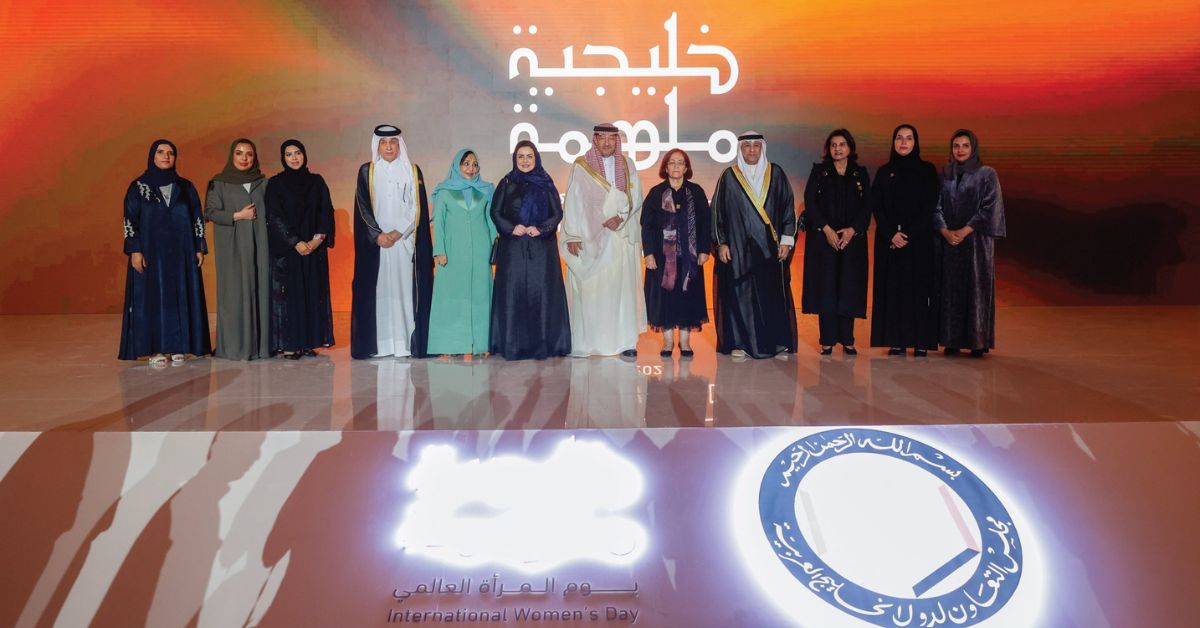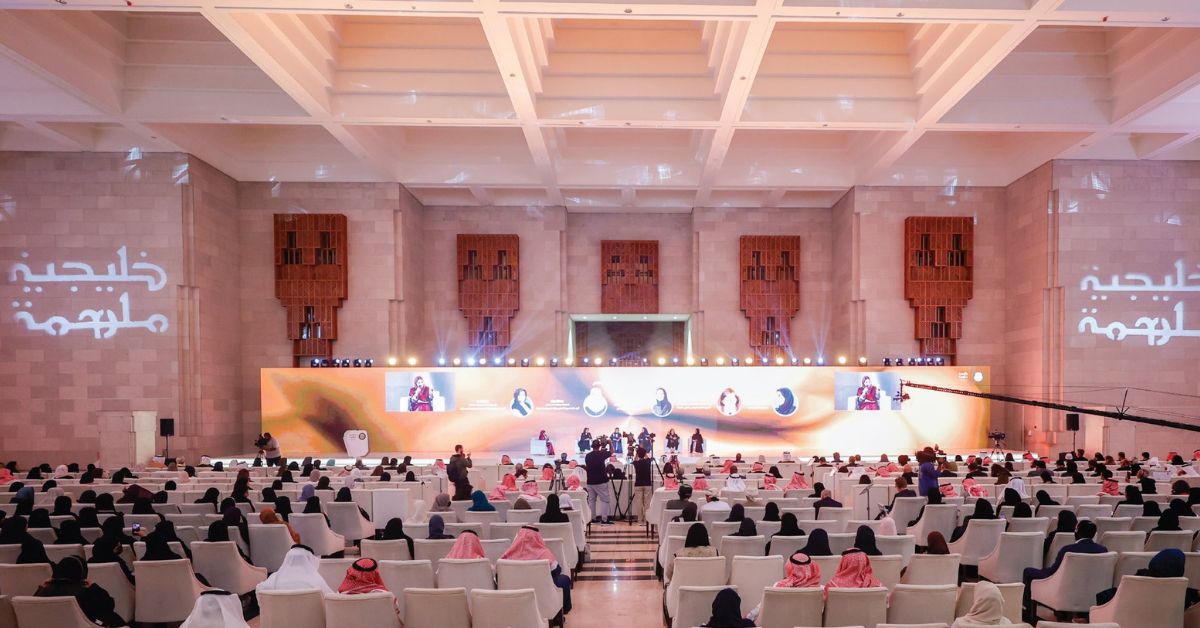DUBAI — A quiet revolution is unfolding in the Gulf countries, powered by resilience, legislation, and sheer determination. This transformation, marked by the increasing inclusion of women in the workforce, narrates a story of progress and empowerment that reshapes the socio-economic fabric of the region.
Rewind to 2013, and the GCC was basking in prosperity. Skyline-defining structures dotted the cities, and oil—black gold—flowed abundantly. Yet, amid this wealth, a vital component of societal progress was conspicuously underrepresented: women’s participation in the workforce.
From Bahrain’s 37 percent to Kuwait’s 45 percent, and Qatar’s leading 53 percent, the figures were a mixed bag. Saudi Arabia, with its deeply rooted traditions, saw a mere 21 percent of its women employed, while the ambitious United Arab Emirates (UAE) had 44 percent.
The decade that followed was a period of remarkable transformation. Spearheaded by visionary leadership and underpinned by legislative reforms, the GCC began to recognize and harness the potential of its female populace. Qatar, known for its futuristic skyline, emerged as a beacon of progress, with female employment soaring to 58 percent by 2023.
AT A Glance * The Gulf countries are experiencing a quiet revolution, with increased female participation in the workforce. * In 2013, women's workforce participation varied significantly across the GCC, from 21% in Saudi Arabia to 53% in Qatar. * The past decade has seen a transformative increase in women's employment, supported by visionary leadership and legislative reforms. * Qatar leads with 58% of women employed by 2023, followed closely by the UAE, Saudi Arabia, Oman, Bahrain, and Kuwait showing notable progress. * This change reflects a broader shift towards inclusivity, gender parity, and the empowerment of women across the GCC. * Families, communities, and laws are evolving to support and celebrate the contributions of women to the region's development. * The GCC's progress serves as a model for women's empowerment and workforce participation globally.
Close on its heels, the UAE witnessed women constituting nearly half of its workforce. Saudi Arabia, under the ambitious Vision 2030 plan, saw a notable increase from 21 percent to 28 percent, marking a pivotal shift in societal norms and economic strategies.
Oman’s progress mirrored this trend, with women’s workforce participation jumping from 30 percent to 39 percent, while Bahrain celebrated an increase to 44 percent, a testament to women’s growing role in balancing familial duties, careers, and aspirations.
Kuwait wasn’t left behind, reaching a milestone where half of the female population engaged in professional activities, signaling not just a numerical but a profound societal transformation.
This evolution within the GCC is not merely a collection of statistics; it’s a reflection of a broader shift towards inclusivity and gender parity.

As laws evolve, communities embrace progress, and families support their daughters’ ambitions, the narrative of the GCC is being rewritten. Women, once on the sidelines, are now central to the region’s development, contributing their unique strengths, perspectives, and resilience.
The GCC’s journey towards women’s empowerment and increased workforce participation is a beacon of hope and a blueprint for regions worldwide.
As these countries continue to flourish, the voices of women resonate louder, weaving their stories of achievement and inspiration into the very fabric of society.
The future of the GCC, enriched by the diverse contributions of its female citizens, shines brighter than ever, a testament to the power of progress, unity, and the indomitable spirit of its people.








